Description
A new concept of `Indo-Pacific` has entered into the geopolitical discourse and the lexicon of International Relations. There is no unanimity of views on the definition of the emerging concept of Indo-Pacific. Yet, Indo-Pacific region as a new geopolitical concept appears to have come to stay.
Three major developments have taken place in recent years leading to emergence of the concept of `Indo-Pacific` that does not replace but subsumes the geopolitical construct, hitherto known as the `Asia-Pacific`. The newest development, of course, is the rise of India as an economic powerhouse and influential political actor in world affairs, particularly in Asian affairs. Second most important development is China`s assertive foreign policy and use of military strength to assert its sovereignty on disputed islands in the South China Sea. The third important development is erosion of self-confidence of Association of Southeast Asian Nations (ASEAN) that used to display its image as a triumphant political grouping in a region, despite diversity in terms of political system, economic philosophy, religious beliefs and socio-cultural traditions.
The present book is a by-product of two days of intense deliberations among large number of scholars on various issues and challenges faced by the countries of the Indo-Pacific region. The book includes the perspectives of major powers in the Indo-Pacific, analyses critical regional security issues, such as sovereignty issues in South China Sea, the rise of QUAD, role of soft power, challenges to ASEAN centrality and regionalism, and examines the non-traditional security threats, such as terrorism, nuclear proliferation, environmental degradation, drugs trafficking and health hazards.


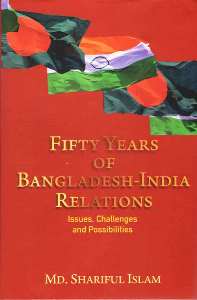
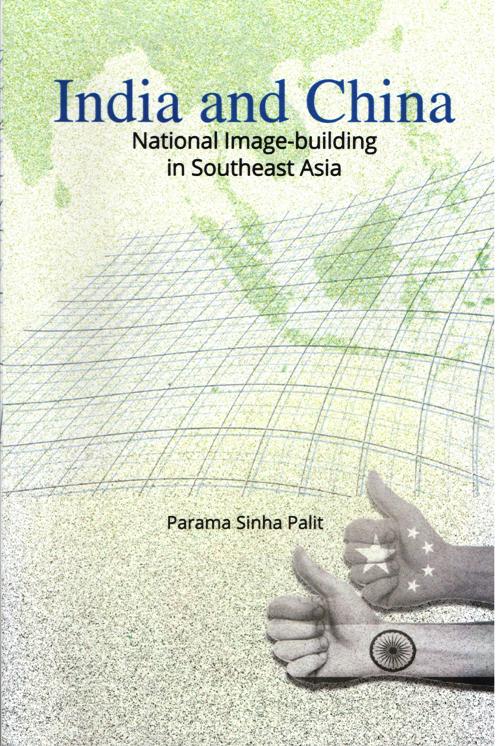
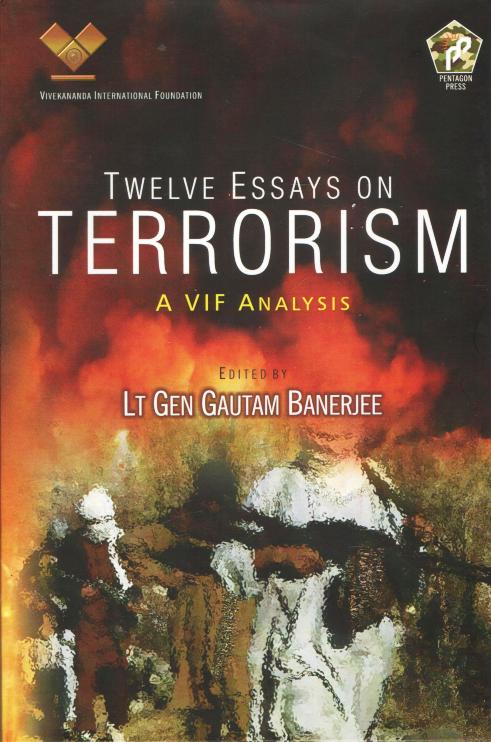
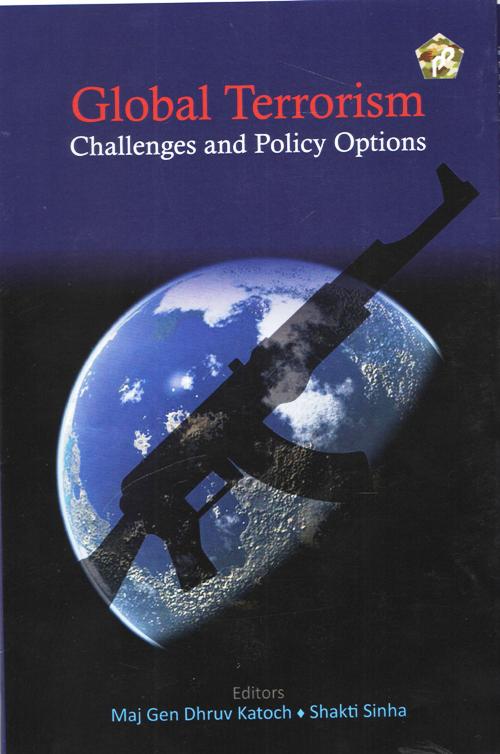
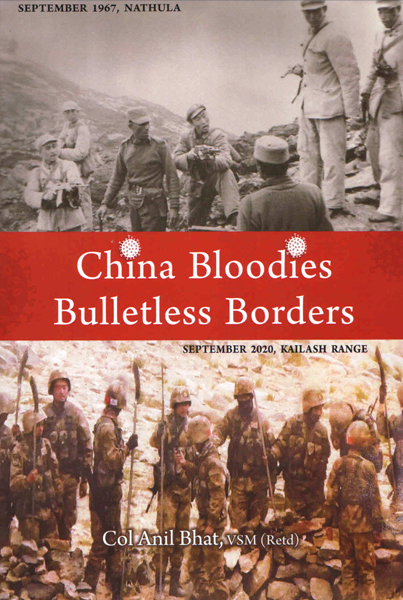
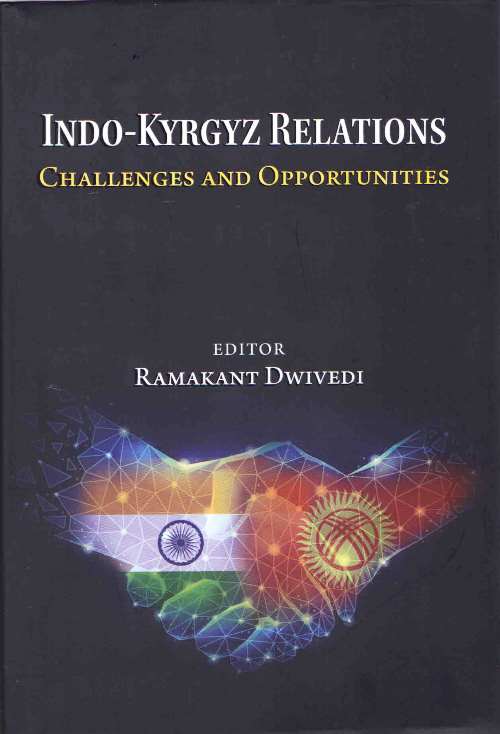
Reviews
There are no reviews yet.